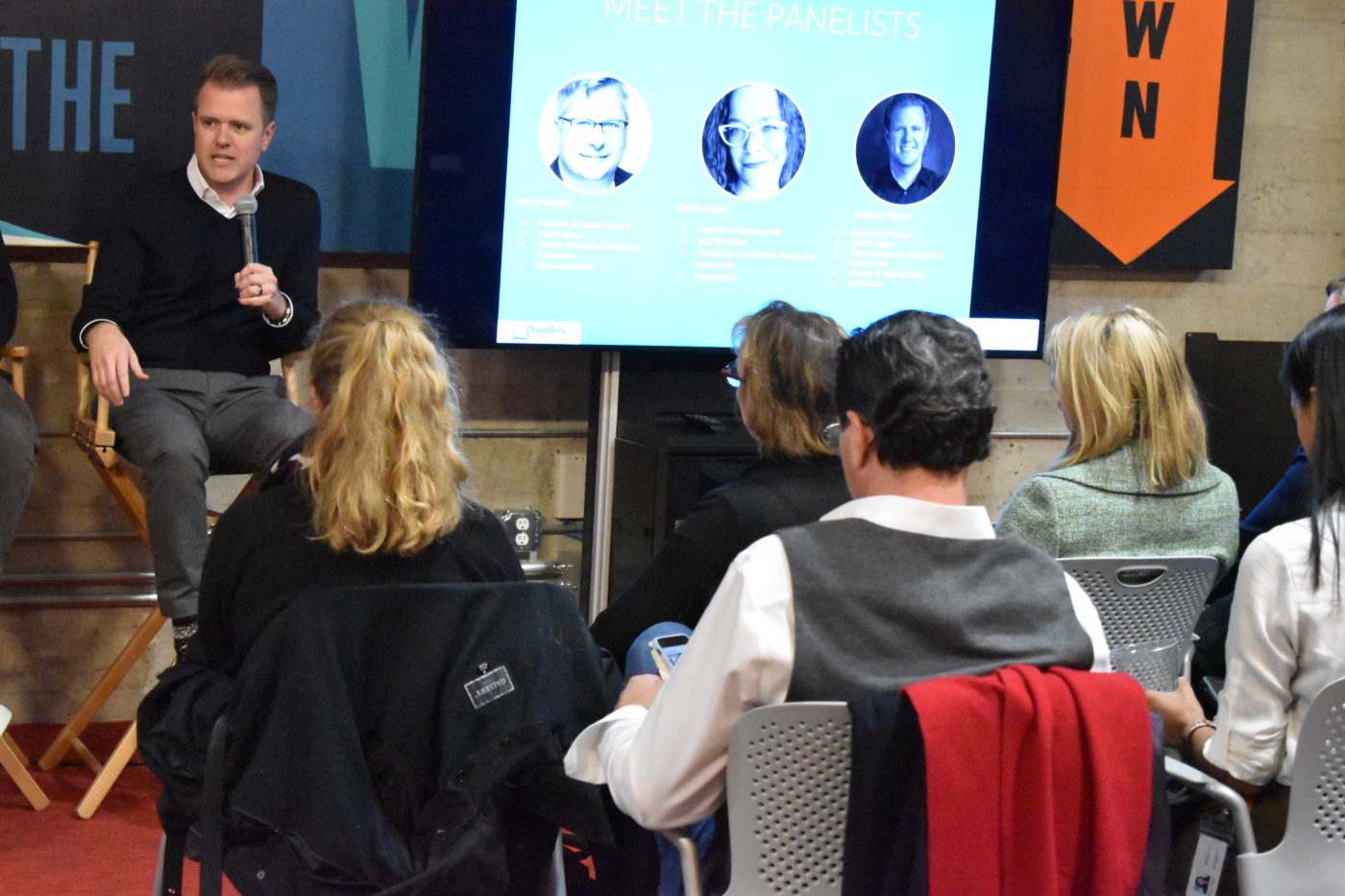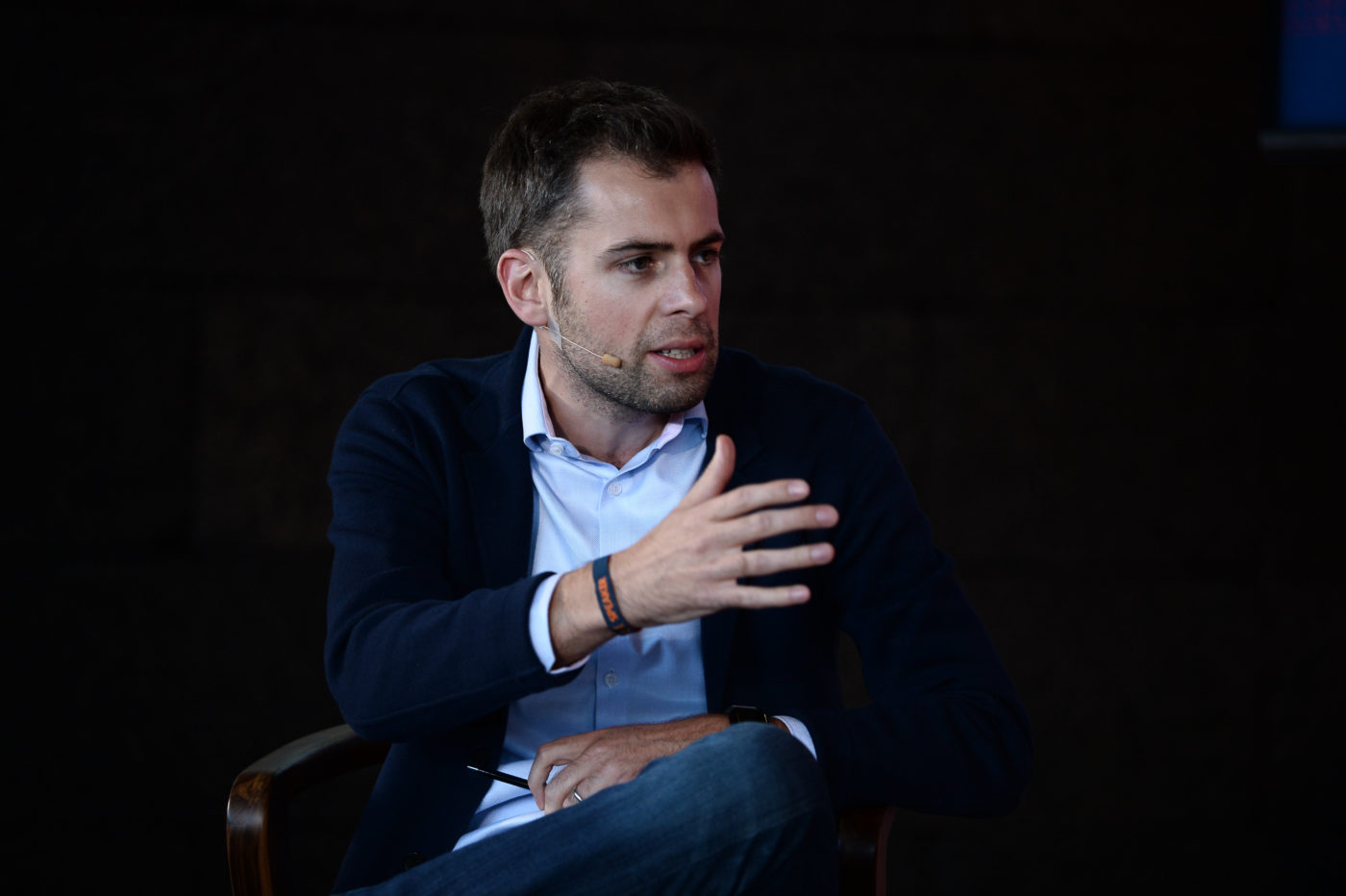
To optimize the capital they raise, more startups should consider outsourcing to keep their burn rates low and free up resources to focus on what makes the product unique, according to Haven co-founder Matt Tillman.
As any founder knows, building a company is about much more than just a great idea. People, persistence and luck all play a role. Of course, it helps to solve difficult problems and execute shrewdly as well.
Take it from Matt Tillman, co-founder of Haven, which builds logistics automation software. Over a nearly two decade career working in technology, Tillman has helped to build software for futures trading, advertising and performance marketing, in addition to serving as a startup advisor. Asked why he decided to tackle logistics for commodity producers — a famously inefficient market long defined by middlemen and legacy systems — he said the lightbulb moment arrived when he himself was struggling to hire a freight truck in South America.
“I sent a few hundred emails out trying to get space on a ship, and I realized I had effectively created this reverse auction over email,” Tillman recalls. “All these middlemen were trying to arbitrage that opportunity, versus selling the space with an honest markup, and moving on and selling volume. And I thought that was really fascinating: One of the world’s largest over-the-counter markets is freight and logistics, and people haven’t built software to help the buyers of freight. They tend to build software to take advantage of the buyers of freight.”
It’s not simply a problem for the buyers. The inflated costs of moving goods around the world carries profound implications: Studying the problem sheds light on global food scarcity, Tillman adds. The inefficiencies in the market also meant that, initially, Haven was a relatively straightforward pitch to investors. The company was able to build a compelling product in short order, attained mid-seven figures in revenue within about 18 months, and has raised $24 million since it was founded in 2014.
Haven was a relatively straightforward pitch to investors. The company was able to build a compelling product in short order, attained mid-seven figures in revenue within about 18 months, and has raised $24 million since it was founded in 2014. @mtillman
Tillman points out that fundraising can grow more challenging when a startup is in an intermediate stage — that is, after launching a product and attracting initial interest, but prior to scaling considerably. It can also change if there’s a shift in strategy, such as targeting a different set of customers. Any such transition calls for educating investors more closely on what metrics are most relevant, and why: Speed of adoption may tell one story, for example, while stickiness and lifetime value per customer (LTV) tell another.
“When it’s more of an enterprise software sale, then you have to shift the story,” Tillman added. “And a lot of times that’s just different investors — the reality is, it’s not always the same investor profile.”
“When it’s more of an enterprise software sale, then you have to shift the story,” Tillman added. “And a lot of times that’s just different investors — the reality is, it’s not always the same investor profile.” – @mtillman
Another good practice for fundraising success: Following up as the economics of your business evolve. In Haven’s case, that meant selling its software to major enterprises — it counts Unliever, South32 and Rothfos among its customers — as well as an improving margin profile as the startup attracted more volume. That, too, was a compelling outlook for Haven’s investors.
“By going SaaS, we were able to process 100% of a customer’s volume instead of small portions like a broker would be able to do. I think that part of the story was really helpful for investors — they immediately saw that volume means data, data means efficiency and efficiency means lower cost of operations,” Tillman says.
Startups can and should take a good look at their operations costs practically from day one, Tillman adds. It’s tempting to get preoccupied by optics — having a plush office in the right location, a team of on-site engineers with the right pedigrees — but smart allocation of resources means founders can focus on higher-order concerns. At Haven, that meant outsourcing and maintaining remote teams practically from the beginning. It’s an option that more young companies should consider, he says.
“I think what happens is when you raise a lot of money, the pressure immediately becomes ‘hire fast, fire fast’, Tillman adds. “What we did instead at Haven was say: Trade is global; it’s not local. So number one, let’s work globally. Let’s make sure that we’re hiring people who speak all sorts of different languages from all sorts of different backgrounds, and who either know the industry or want to learn the industry and can do so quickly.”
Maintaining remote teams outside of Silicon Valley, or similarly high-cost metro areas, has obvious benefits to a startup’s bottom line. In Haven’s case, it also meant that the startup could invest more in elements of the product that differentiated its software from the pack.
“We were able to spend more money on design, which set us apart by miles in an industry which, as you can imagine, doesn’t have the prettiest looking interfaces. We were able to really maximize the amount of money that we raised because of that, and we’ve maintained a really low burn relative to the amount of money we process” Tillman says.
Of course, that doesn’t mean there aren’t challenges to outsourcing. When workers aren’t all under one roof, and communicate from time zones across the globe, with limited face time, it requires different management sensibilities: Supervisors who are accustomed to working with remote employees, for one. It also requires setting clear goals along with performance metrics so engineers know exactly what’s needed. Even more importantly, remote workers — just the same as any on-site worker — must be valued and respected to deliver their best, most creative work.
“You have to make sure that you’re thinking of them just like you would with any other employee. They have career desires as well, and you want to make sure they’re working on the types of projects they want to be working on, so that you can get the best out of them creatively” – @mtillman
“You have to make sure that you’re thinking of them just like you would with any other employee. They have career desires as well, and you want to make sure they’re working on the types of projects they want to be working on, so that you can get the best out of them creatively,” Tillman says. “We got really cool work, and people that gave us feedback in terms of the design or the development processes that we were using. It was really thoughtful and I can’t say enough about it.”
Getting the best from employees — engineer, designer, or any other type of talent — is just as critical to the success of any startup. “I want them to look back and say: I did my best work there. Creating that sort of environment is absolutely critical; it’s more important than almost anything else to me as founder,” Tillman added.
“I want them to look back and say: I did my best work there. Creating that sort of environment is absolutely critical; it’s more important than almost anything else to me as founder,” Tillman added.






